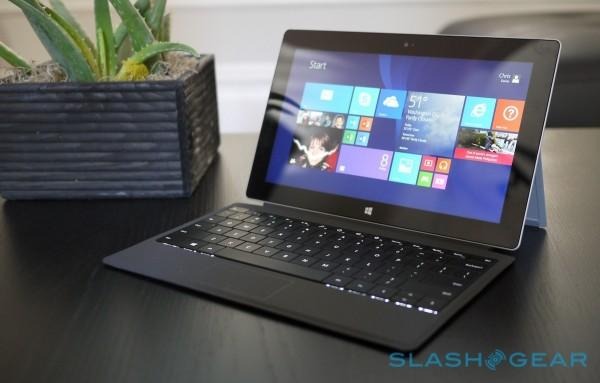Does Surface Pro 3 Have A Core i7 Heat Problem?
Reports of Microsoft's top-spec Surface Pro 3 tablet suffering heat problems have begun circulating, with some owners of the Core i7 models claiming to have experienced repeated problems. The complaints all focus on the fastest versions of the tablets that Microsoft offers, and include both fans running aggressively for much of the time, and even stability issues with the Surface Pro 3 shutting itself down for safety.
Not all units are affected, it seems, but for those encountering problems the heat issue is a serious one. One Surface Pro 3 owner at the Microsoft Answers forum is now on his fourth unit, with each suffering excessive fan noise.
The heat problem doesn't seem to be directly related to what the tablet is being used for at any particular time. In fact, even low-intensity use can lead to a problem, owners complain, like simply browsing the internet, watching YouTube videos, and even simply after resuming the tablet from standby.
Microsoft used a new cooling system for the Surface Pro 3, allowing it to minimize fan openings to a slim groove running the periphery of the slate. That proved sufficient to keep the Core i5 version of the tablet we reviewed both cool and quiet, with the fan noise all but inaudible in most situations.
As yet, there's no official comment from Microsoft on what the problem might be, and not all Core i7 Surface Pro 3 owners are experiencing the same heat activity.
Meanwhile, Microsoft has cut the price of the Surface 2, the previous-gen version running Windows RT. The entry-level 32GB WiFi-only model is now $349 while the 64GB version is $449, each down by $100, while the 64GB LTE version is $579, also down $100 on its previous price.

Although unstated, it seems likely this is a stock clearing move by Microsoft. The company was apparently planning to replace the Surface 2 with an ARM-powered Surface Mini, but scrapped plans for the smaller model at the 11th hour.
Now, rumors have pointed to Microsoft potentially using Intel's new Core M "Broadwell" processors for a low-power, fanless Surface version which could nonetheless run full Windows 8.1.
Update: There are now suggestions that the problem is with Microsoft's Windows Installer Module, Neowin reports, and as such could potentially be addressed with a software update.
VIA Neowin
SOURCE Microsoft Answers
